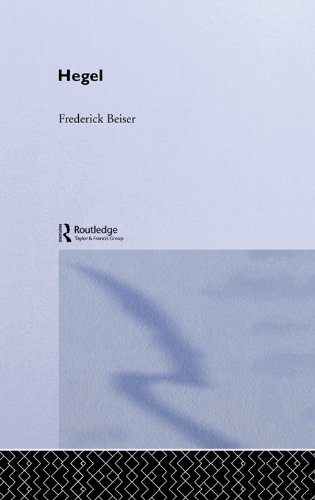It's time to engage with the void, to sketch the contours of the man himself. Although I have only just started Frederick Beiser's book, Georg emerges as a rather earnest young intellectual, engaged with Christianity (he trained in a Protestant seminary), absorbed into the early Romantic movement which brought us Keats, Byron and Shelley.
 |
| Amazon link |
His mature works, however, have a reputation of being 'difficult' and obscure.
---
I'm prepared to add Hegel to my - rather short - list of heroes, joining Marx, Lukács and J. S. Bach. One day I need to do the Central European pilgrimage, searching out the geography of their lives and times.
When I was studying philosophy at Warwick University c. 1970, I reacted strongly against the anachronistic treatment of Plato, Aristotle, St. Anselm, Descartes, Kant et al. I was being asked to study in isolation systems of ideas based on outmoded, rigid categories of thought applied to an obsolescent framing of problems.
In most cases modern physics, computer science and AI had totally transformed the paradigms in which these issues were posed. I felt like I was being asked to learn the Phlogiston theory of heat on equal terms with modern Thermodynamics and Statistical Mechanics - yet none of the lecturers seemed to notice or care. I never subsequently changed that opinion.
I guess that made me a historicist - like Hegel .. and Marx.
For Marx, philosophical categories were mediated by and abstracted from the concrete (social) experiences of individuals within their specific historical circumstances: "The ideas of the ruling class are in every epoch the ruling ideas".
Made a lot of sense to me.

No comments:
Post a Comment
Comments are moderated. Keep it polite and no gratuitous links to your business website - we're not a billboard here.